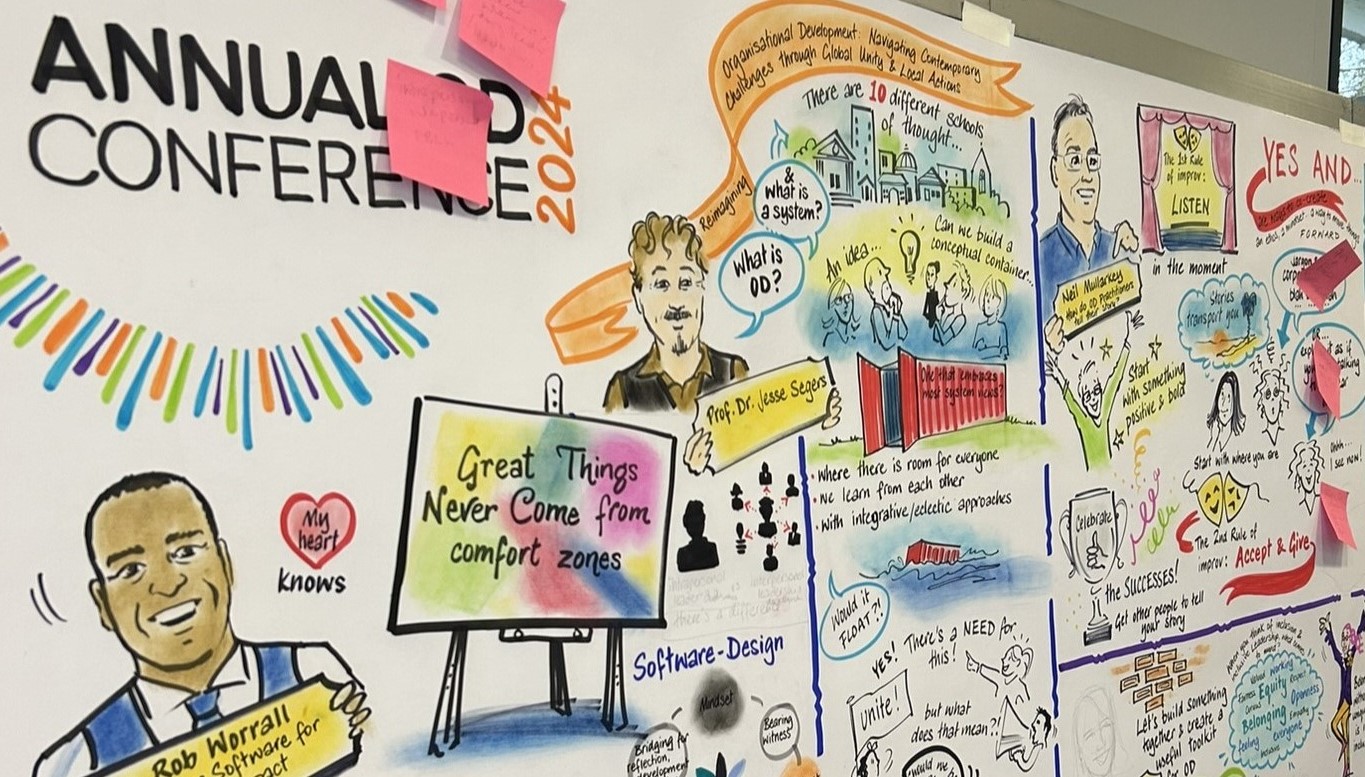Since the end of 2019, the COVID-19 pandemic has had a profound impact on the workplace. The once in a generation global public health crisis that inevitably became an economic one has fundamentally, and perhaps permanently, forced a recalibration in the perceptions of business leaders as to where, when, and how we get work done.
Research suggests that 60% of global business have accelerated their plans for digital transformation [1] to provide employees with the tools they need to be effective and to meet customers needs for ‘online everything’.
This reappraisal of working ways to make use of existing technology has the potential to be one positive legacy of the crisis with consequences for work-life integration that has looked within reach for so long, but so many organisations have struggled to fully embrace.
As most sectors being to move from crisis to recovery and growth, this shift in what’s not only possible – but practical, must be placed in the broader context of our organisations’ strategic priorities, management practices and processes for it to be fully integrated in to how we work, and to enable people to be appropriately supported, developed, and managed.
The role and relevance of HR
The largely forced move to remote working and a reliance to virtual collaboration tools such as Zoom and Teams is of course not only an issue of technological capabilities, whether individual or organisational, but one of people and the range of impacts it has had. From the increased amount of time, we spend online – in meetings, working together-apart from spare-rooms, sitting room sofas and dining tables – to the changes in group dynamics and influence that can occur when our interactions are divorced of the non-verbal communication cues we have evolved to rely on (‘Zoomthink’ anyone? [2]). Our days have gotten longer, our meetings shorter but more frequent, with more people [3].
At the same time many of us are struggling with the mental and physical health ramifications of lengthy lockdown restrictions, school closures and the trauma of lost loves. We are not working from home during a pandemic, we are in a pandemic doing our best to work from home.
This is one of the reasons why HR leaders have a vital role to play in shaping the coming future of work. The call for the HR function to be more strategic, to move beyond the so-called policy police, to become enablers of strategy delivery has been echoing loudly for the last few decades. COVID-19 has seen many HR leaders and their team’s step-up to deliver exactly that. Workforce strategies and people planning are now at the forefront of corporate strategy as a shift from customer-centric to employees-first thinking is playing out in real-time. That is not to say customers are not important, but the wellbeing of our employees has arguably become the number one strategic priority for leaders.
How organisation design can help
And this is where organisation design comes in. HR can often be viewed as comprising a series of functions, L&D, Talent Acquisition, HRBP’s, perhaps organisational development too, rather than as the primary architect of the organisations culture and performance, which is how HR often sees itself. Through a working understanding and contextual application of the practices of Organisation design, HR leaders have a golden opportunity to demonstrate and increase both their relevance and utility to the business.
Organisation design is the intentional, evidence-based decision-making process of how we configure an organisation to achieve its strategic intent by using its resources as efficiency and effectively as possible. It is the process by which HR practitioners can perceive, align, and arrange the people, processes, practices, structures, and systems that provide the foundations for creating the output of the organization’s purpose.
In short, it is the process for deciding who does what, where and with whom in the organisation to achieve the objective of their role. It governs the decisions about what resources you can access, the results you are accountable for, the type of influence you can wield and the support of others you need to achieve your goals. If your familiar with the term Operating Model, but unsure of what it refers to; it is the above.
And as almost every sector moves to recovery or growth, it is the operating model of our organisations that needs to be front and centre of the HR leaders’ thoughts and conversations. This is because organisation design is not only concerned with the here and now, but with creating an organisation that will be successful in the long-term. It is as much about small, ongoing changes to ensure the operating model is both robust enough to function effectively and adaptable enough to handle change. With the focus so firmly, and rightly, on the people aspect of work HR has an opportunity to really show what it can do as the architect a future where flexibility and resilience – at both the individual and organisational level – are core strategic capabilities to be fostered.
HR leaders are unique placed to have and shape these conversations at the top table. To inform, influence, advocate and oppose to ensure that the operating models of the future are built on developing those capabilities, within a culture that respects employee wellbeing as a business-critical issue that requires significant management attention. And the time to do that is now. Recent research suggests that employers are now the only institutions that are perceived as both competent and ethical, with organisations now more trusted than governments and the media [4]. With so many aspects of our working ways up for a rethink, business leaders would be wise to enhance rather than erode that trust.
In developing competence in Organisation Design, HR and OD practitioners can give the business a systemic perspective on the challenges and opportunities this represents, and in doing so support them in building an organisation that is fit for the future of work.
[2] How to fight the groupthink that happens when we work virtually
[3] DeFilippis, Evan and Impink, Stephen and Singell, Madison and Polzer, Jeffrey T. and Sadun, Raffaella, Collaborating During Coronavirus: The Impact of COVID-19 on the Nature of Work (July 16, 2020). Harvard Business School Organizational Behavior Unit Working Paper No. 21-006, Harvard Business School Strategy Unit Working Paper No. 21-006, http://dx.doi.org/10.2139/ssrn.3654470





